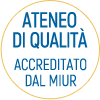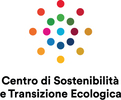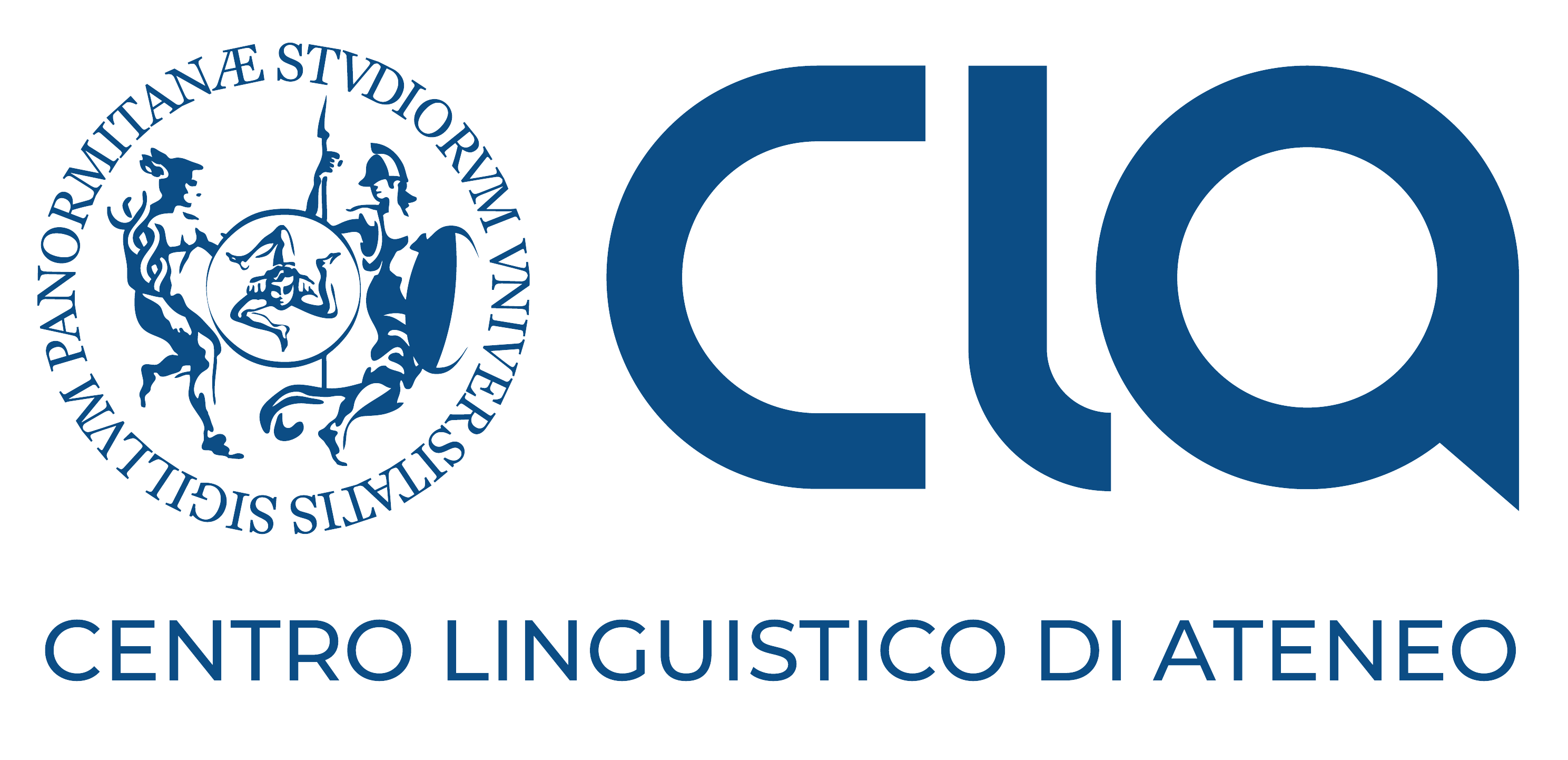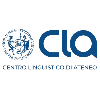Requirements for admission to LM-63 Master's degree program
Taking into account the equivalence of qualifications and ECTS and without prejudice to the provisions of the agreements on the exchange of academic qualifications stipulated about this M.Sc. program, the curricular requirements necessary for admission to the master's degree program in LM-63 Science of Public and Private Administrations are met by those who hold specific bachelor degrees in certain educational fields: L-16 ex D.M. 270/04, 19 ex D.M. 509/99, 31 ex D.M. 509/99, LMG/01 ex D.M. 509/99, LMG/01 ex D.M. 270/04, LMG/01 ex D.M. 509/99. M. 270/04, 19 ex D.M. 509/99, 31 ex D.M. 509/99, LMG/01 ex D.M. 270/04; Law (four-year bachelor degree prior to D.M. 509/99; 2 ex D.M. 509/99, L-14 ex D.M. 270/04, Political Science (four-year bachelor degree prior to Ministerial Decree 509/99), L-15 pursuant to Ministerial Decree 270/04, 39 pursuant to Ministerial Decree 509/99; L-18 pursuant to Ministerial Decree 270/04; 17 pursuant to Ministerial Decree 509/99; L-33 pursuant to Ministerial Decree 270/04, 28 pursuant to Ministerial Decree 509/99; L-36 pursuant to Ministerial Decree 270/04; 15 pursuant to Ministerial Decree 509/99; L-37 pursuant to Ministerial Decree 270/04, 35 pursuant to Ministerial Decree 509/99. M. 270/04, 35 ex D.M. 509/99, (or equivalent three-year university diplomas), or equivalent three-year university diplomas, or who acquired a specific number of SSDs or groups of SSDs during their academic career as specified in the CDLM Teaching Regulations. English language proficiency at a level of at least B2 will be assessed either by means of a certificate issued by a certification body, or by the presence in the study plan of the admission qualification of a course of at least 6 cfu (ects) of English proficiency.
The specific criteria for admission to the master's degree program are set out in the Teaching Regulations of the M.Sc. Candidates who meet the curricular requirements must undergo a test to evaluate their individual knowledge. The individual knowledge will be considered adequate for those candidates who obtained the bachelor’s degree with a final mark of 90/110 or higher (please note that the marks of foreign candidates will be converted according to the Italian scale as regulated by extant agreements).
Candidates who have not obtained the bachelor’s degree with a final mark of 90/110 or higher must undergo an interview aimed at evaluating their knowledge on the following subjects:
Public Management:
- What are the main differences between Public and Private sector organizations in terms of institutional mission, organizational attributes, roles played into a community?
- How would you define “complexity” in organizational settings?
- What are the main challenges that, nowadays, policymakers and public managers must face to improve public services?
- What are “policy networks”?
- How would you define “governance” in policy networks?
Evaluation criteria:
Each of the above questions will be rated on a scale from 0 to 5 (0=insufficient; 5=excellent). Candidates are admitted to the program by achieving a total mark of 12.5/25 or higher
References:
- Ansell, C., & Gash, A. (2007). Collaborative governance in theory and practice. Journal of Public Administration Research and Theory, 18, 4, 543–571. Available at: https://sites.duke.edu/niou/files/2011/05/Ansell-and-Gash-Collaborative-Governance-in-Theory-and-Practice.pdf
- Arnaboldi, M., Lapsley, I. and Steccolini, I. (2015), Performance Management in the Public Sector: The Ultimate Challenge. Financial Accountability & Management, 31: 1-22. Available at: https://onlinelibrary.wiley.com/doi/epdf/10.1111/faam.12049
- Laegreid P., & Rykkja L. H. (2014). Governance for complexity: How to organize for the handling of ‘wicked issues’? Stein Rokkan Centre for Social Studies, Working Paper, 1‒28. Available at: https://bora.uib.no/handle/1956/9384





























